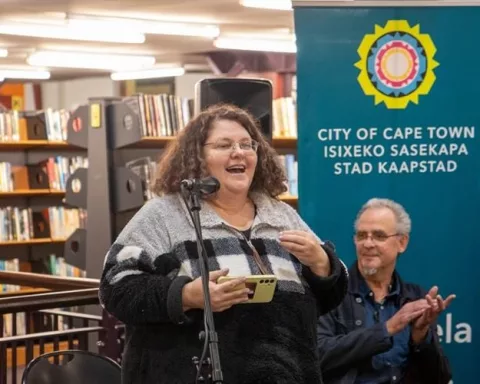Ensuring a safe and healthy work environment is crucial not only for the well-being of workers but also for the overall success of businesses and economies. Deputy Minister Boitumelo Moloi’s recent keynote address at the Occupational Health and Safety (OHS) Conference shed light on the pressing issue of occupational health and safety.
The Importance of a Systematic Approach
Moloi emphasized the importance of a systematic approach and continual improvement in creating safer workplaces. The South African Constitution mandates the state to promote a safe and healthy environment for all citizens. To fulfill this obligation, the OHS Act is being reformed to establish minimum requirements for health and safety systems and impose heavier penalties on non-compliant workplaces. Moloi reiterated that safety is a small investment for a rich future.
The Significance of Occupational Health and Safety
According to the International Labour Organization (ILO), 2.3 million people die annually due to work-related accidents or diseases. These incidents result in substantial costs for employers, employees, and economies. South Africa has ratified several ILO conventions, including Convention 155 on Occupational Health and Safety, as part of its commitment to decent work principles.
The ILO’s adoption of Occupational Health and Safety as a Fundamental Right during the International Labour Conference of 2022 further highlights the importance of creating hazard-free workplaces. Failure to achieve decent work conditions has serious implications for national development goals, including the National Development Plan Agenda 2030 and the Sustainable Development Goal number eight.
A Collaborative Approach to Achieving Zero Accidents
Moloi stressed the need for a collaborative approach to achieving zero accidents. Knowledge-sharing and collaboration are essential for equipping inspectors, enabling them to be more agile and adaptable to the environments where they work. Stakeholder dialogue is also vital to achieving the goal of zero accidents, as all workers deserve a safe and healthy working environment.
Regulatory Developments and High-Risk Sectors
The iron and steel sector has been identified as a high-risk area, accounting for 22% of injuries in the previous financial year. The Department of Labour has conducted blitz inspections to raise awareness and improve compliance within this sector. Additionally, allegations of employing undocumented foreign workers have led to increased collaboration among the Department of Labour, Department of Home Affairs, and the Department of Police.
Moloi also highlighted several regulatory developments, including the promulgation of Ergonomic Regulations, Commercial Diving Regulations, Hazardous Chemical Substances Regulations, Asbestos Abatement Regulations, and Major Hazardous Installations Regulations. Continual review of these regulations allows them to remain relevant in the constantly evolving labor market and work processes.
Commitment to Advancing Occupational Health and Safety
The recent appointment of Chief Inspector Milly Ruiters demonstrates the South African government’s commitment to advancing occupational health and safety. Ruiters is currently finalizing the amendments to the OHS Act, among other priorities.
Deputy Minister Boitumelo Moloi’s keynote address at the OHS Conference provided valuable insights into the importance of health and safety in the workplace. The South African government’s commitment to creating safe work environments, along with the collaboration of stakeholders and the implementation of systematic approaches, can lead to significant improvements in occupational health and safety.








